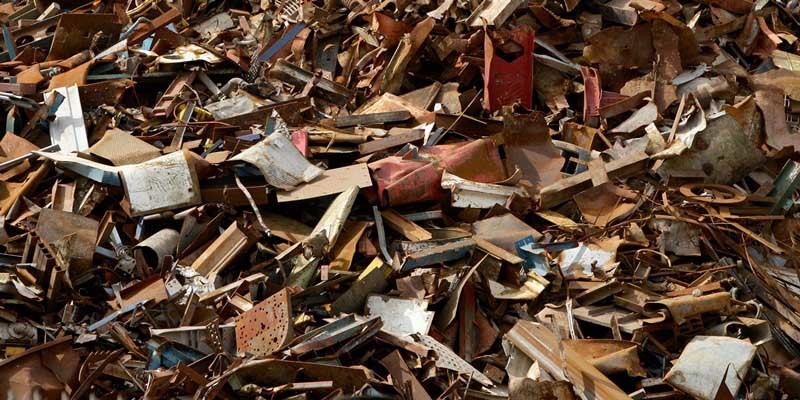Metal theft in Tayside rocketed to a five-year high in 2011.
A total of 301 cases were reported to police up to December 5 a 35% increase on the previous year, at 222.
The latest figures released by Tayside Police through a freedom of information request also show a sharp rise in detection rates, with 147 charges brought against thieves last year compared with 105 in 2010 and just 44 in 2009.
But the force said that, in reality, the number of incidents could be far greater.
A spokesman said: ”Like other parts of Scotland and the UK, Tayside is not immune to crimes involving metal theft. Instances include thefts from building sites where plumbing supplies have been stolen, from houses under renovation or construction.
”Compounds on industrial estates have been broken in city estates and in rural areas, as have farm buildings and premises.
”Power lines and electricity sub-stations have also been the focus of criminal activity, which, aside from the criminality involved, poses a genuine risk to life, limb and public safety.”
He added: ”Recent years have witnessed the theft of copper fittings, tanks, boilers and cabling, steel, lead and scrap metal. There have also been incidents where drain covers have been stolen from the road.
”Clearly there is a black market for all kinds of metal and the police engage with people in the scrap metal business to try and seek their assistance in tackling this issue.
”Businesses do have a role to play in reducing the chances of their becoming victims of crime. Alarms and CCTV systems, whether standalone or integrated, should be seriously considered to protect tools, equipment, plant and materials and the compound’s buildings and infrastructure.
”If CCTV is to be used it should be supported by suitable lighting. Losses of tools, materials, plant or equipment can come at great expense. It can also halt progress and may even affect jobs.”
Despite the global downturn the price of metal increased in the summer, with copper and brass among the most highly valued items. The market-driven crime has seen opportunistic thieves target signalling cable from railways, which they then sell in to scrap yards.
This week it emerged that over £1m of metal had been stolen from Scotland’s railways in the last three years, with 300 incidents recorded between April 2008 and October 2011.
Scrap dealers have been criticised for their role in the sale of illegally obtained high value metal with accusations that many turn a blind eye.
But Stephen Kelbie (40), a Dundee scrap metal dealer, said the acts of a few rogue businesses should not tarnish the reputation of the entire industry.
Mr Kelbie, who has worked in the family firm since leaving school, said: ”In the 25 years I have worked here we have never had a reset charge from the police. In fact around three years ago we got sick and tired of thieves and junkies coming to the yard.”
He added: ”So we set up a system where people we don’t know have to provide photographic ID, like a passport or driving licence, and sign a document saying that we bought the metal from them.
”It creates a papertrail and the police have told us that they wish every dealer would work this way. It makes our life easier as well.”
In November the Scottish Government announced measures on metal theft. Justice Secretary Kenny MacAskill launched a consultation to improve standards by expanding a metal dealer licensing scheme.
It proposes bringing most businesses into the licensing regime by requiring all dealers with a turnover of less than £10m to be licensed.
The cost of metal theft to the UK economy has been estimated at £220-£260m.
